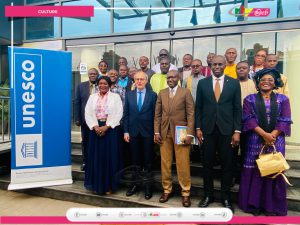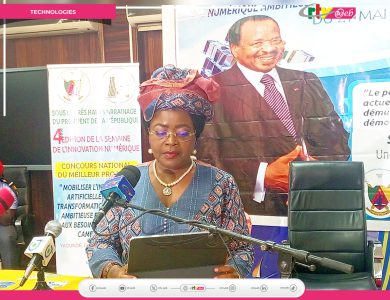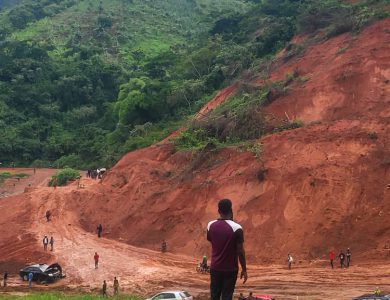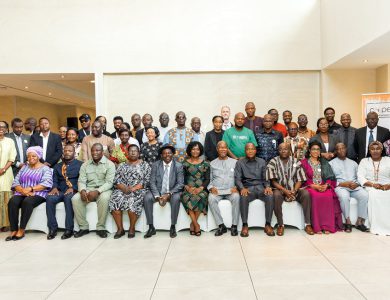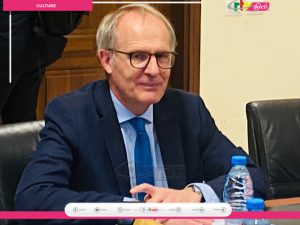
The Role of UNESCO in Earth Sciences
As the only UN agency dedicated to advancing Earth sciences research and capacity building, UNESCO plays a vital role in promoting responsible resource extraction, enhancing resilience against natural risks, and fostering adaptability to climate change. Its International Geoscience Programme, established in 1972, has expanded the global network of geoscientists.
UNESCO Global Geoparks are unique geographical areas hosting multiple geological sites of global value. They balance conservation with sustainable development, benefiting local communities. By linking geological heritage with natural and cultural aspects, geoparks foster greater understanding of critical issues like sustainable resource use, natural risks, and climate change.
Cameroon boasts remarkable geological diversity, with notable sites like Mount Cameroon, Kola Gorges, Ngaoundéré Caves, and Korup National Park. However, Cameroon and 96% of African nations lack a geopark, despite significant potential.
Objectives of the Initiative
– *Raise Awareness*: Inform and engage communities about Cameroon’s geological heritage.
– *Understanding Geoparks*: Foster a common understanding of geoparks and their role in preserving geodiversity and promoting sustainable development.
– *Collaboration*: Encourage stakeholder collaboration to create a national network of geoparks.
– *Site Identification*: Identify potential geopark sites and develop a roadmap for Cameroon’s first geopark.
By recognizing and harnessing its geological heritage, Cameroon can preserve natural resources and promote sustainable development that benefits local communities. Establishing a UNESCO Global Geopark could be a vital step in this journey.
Che Tembuck


